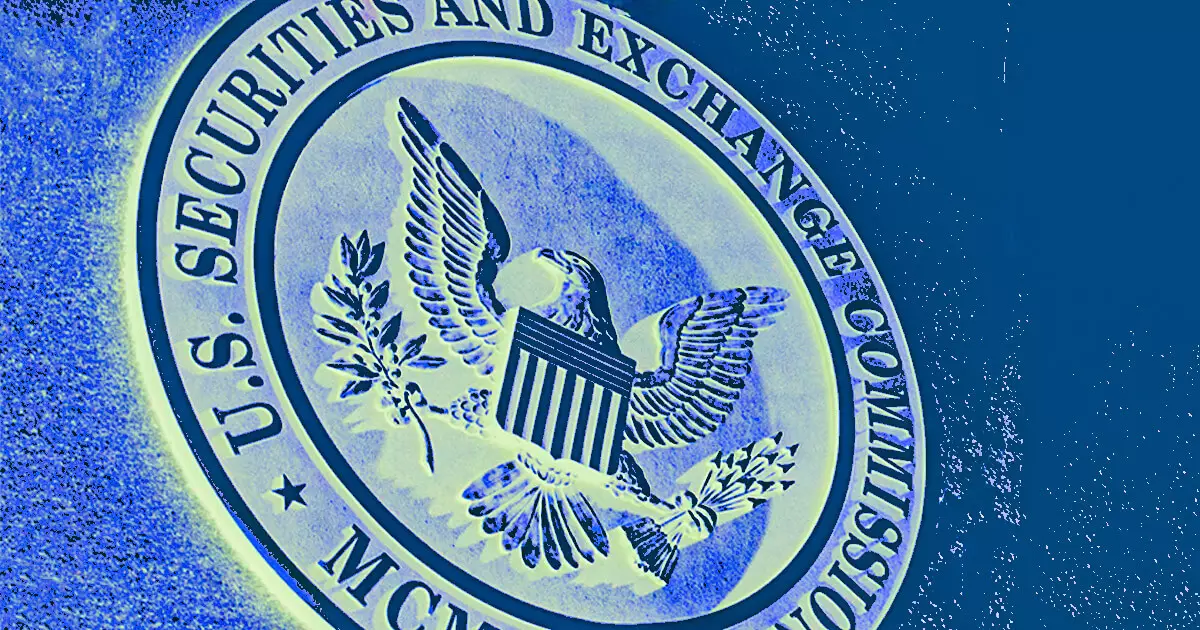In a recent enforcement effort, the U.S. Securities and Exchange Commission (SEC) targeted Flyfish Club, a non-fungible token (NFT) collection linked to an exclusive dining experience. The regulators accused Flyfish Club of conducting an unregistered offering of crypto asset securities through the sale of approximately 3,000 NFTs, which granted buyers access to unique culinary experiences. The SEC’s decision has stirred controversy, especially among its own commissioners, Hester M. Peirce and Mark T. Uyeda, who questioned the application of securities laws in this context.
Peirce and Uyeda’s dissent raises important questions about the categorization of NFTs. The commissioners contend that these tokens are primarily utility tokens rather than securities. According to them, the essence of NFTs in this case is tied to the promise of exclusive culinary experiences rather than financial investment opportunities, thus failing the Howey Test—a legal standard used to determine if an asset qualifies as a security. The classification of these NFTs could have significant ramifications not only for Flyfish Club but also for the broader NFT market, where creators often expect to provide utility rather than investment returns.
The SEC’s enforcement action sends a chilling message to the burgeoning NFT space. By categorizing Flyfish Club’s offerings as securities, the agency effectively complicates the landscape for creators and reduces the potential for innovation in this digital realm. If creators fear regulatory repercussions, they may hesitate to launch new projects or explore novel use cases for NFTs. Peirce and Uyeda highlighted the detrimental effects of such regulatory actions, stating that they might undermine public trust in the SEC, which should be a guardian of fair practices. The comparison to the dining experience at Omakase alludes to the intricate trust dynamics that characterize both the world of fine dining and financial regulation.
In the wake of the SEC’s action, responses from industry leaders suggest a readiness to combat regulatory overreach. OpenSea, one of the largest NFT marketplaces, received a Wells Notice from the SEC indicating potential enforcement actions regarding securities on its platform. In response, CEO Devin Finzer expressed concerns over the implications for artists and creators, pledging to “stand up and fight.” This highlights a growing call within the NFT community for a more nuanced approach to regulation, one that recognizes the unique nature of digital assets.
Peirce and Uyeda’s dissent not only criticizes the current enforcement approach but also emphasizes the urgent need for clearer regulatory guidance regarding NFTs. By establishing a clear framework that distinguishes between securities and utility tokens, the SEC has the opportunity to nurture innovation while protecting consumers. As the NFT market continues to grow, the demand for regulations that allow creative experimentation without legal uncertainty has never been more pressing.
The debate surrounding the SEC’s enforcement action against Flyfish Club reflects broader tensions between innovation and regulation in the digital asset space. How this issue unfolds will likely shape the regulatory landscape for NFTs in the years to come.



Leave a Reply